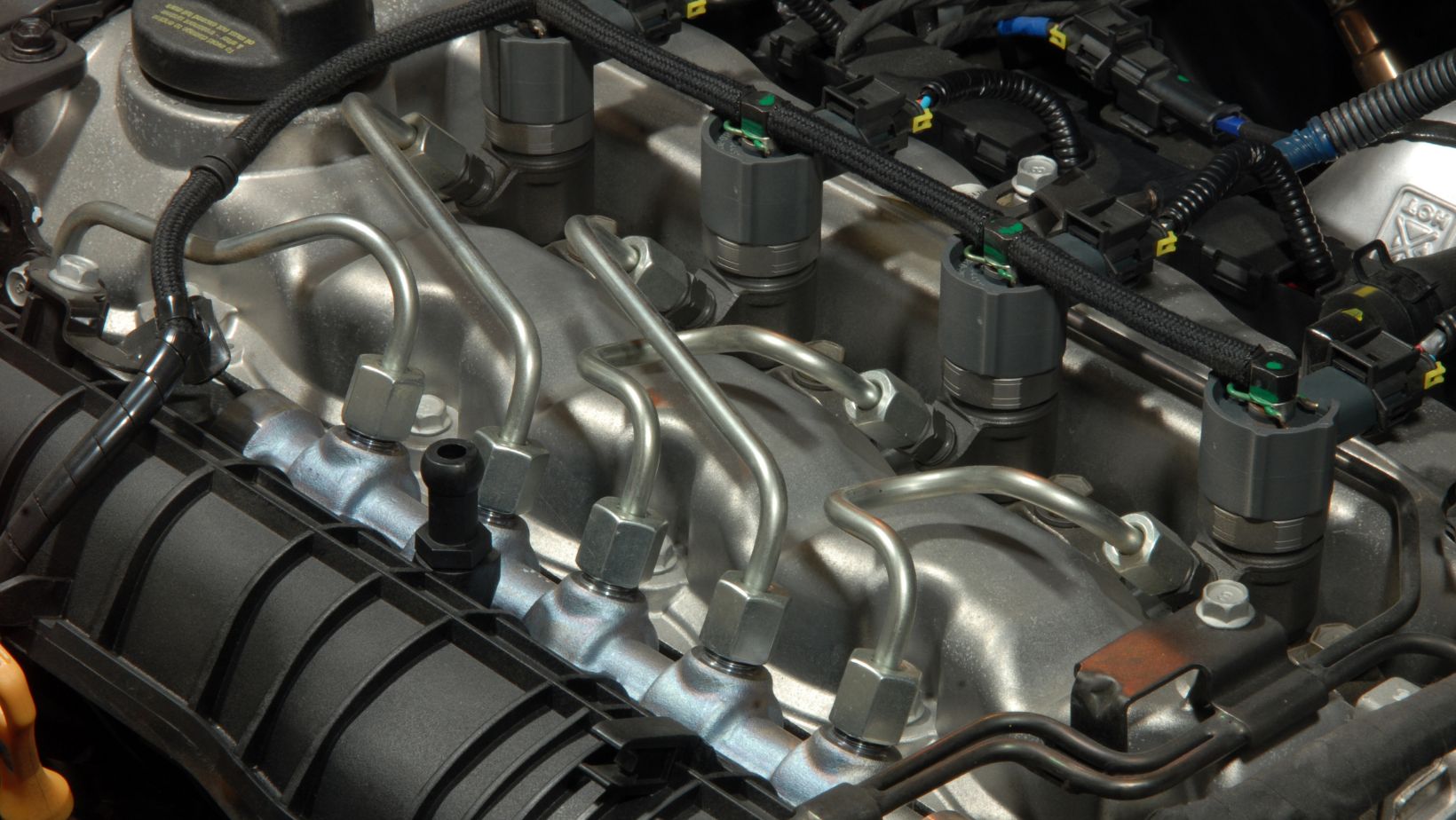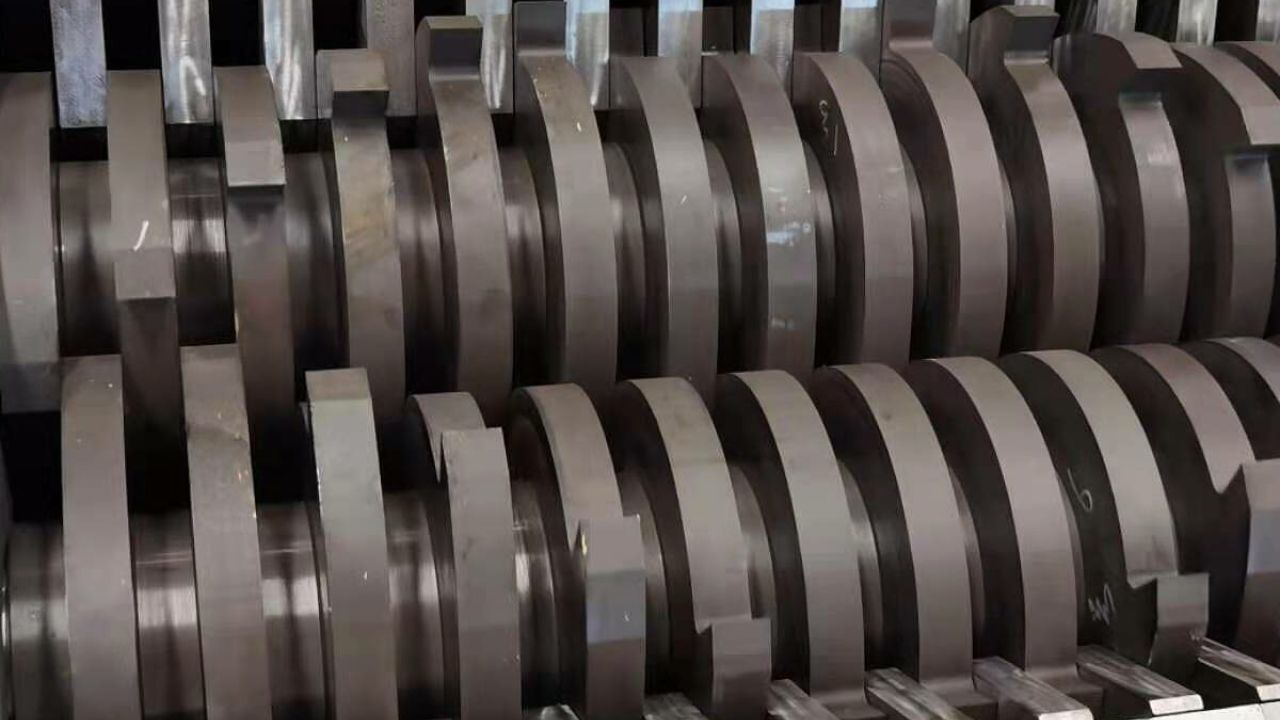
Fuel Pump Control Module and Its Working Mechanics?
A fuel pump control module is a really critical element of a vehicle’s fuel system. It monitors and keeps in check, the fuel pressure and keeps it at optimal levels for optimal engine performance. The module also ensures that the correct amount of fuel is flowing to the engine, which helps with overall efficiency and power output. Let’s take a look at how it works and at some more important aspects like its different components, repairs, and maintenance. Read till the end!
How Does a Fuel Pump Control Module Work?
The fuel pump control module monitors the fuel pressure in the system and adjusts the flow rate accordingly. This helps keep the engine running smoothly while also ensuring that enough fuel is reaching the engine for peak performance. It also helps reduce emissions by making sure that only the necessary amount of fuel is used. Without this module, too much or too little fuel can cause problems with your vehicle’s performance.
Different Components of a Control Module
The module itself consists of several components including a pressure sensor, a solenoid valve, and an electronic control unit. The pressure sensor measures the pressure in the system, while the solenoid valve regulates how much fuel is allowed to flow through it. The controller then uses this information to adjust both throttle position and other variables such as idle speed and maximum RPMs based on inputs from other sensors in the system.
Reasons for a Fuel Pump Module Becoming Faulty
Poor ignition timing and insufficient power are two of the most frequent causes of a malfunctioning fuel pump control module. Ineffective ignition timing might put the component under too much strain, diminishing its effectiveness and eventually causing failure.
The component just won’t be able to perform properly without enough power, which will eventually lead to malfunction. When it comes to these possible problems, it’s critical to be on the lookout and take fast action before things become worse.
When Should You Replace Your Fuel Pump Control Module?
If your vehicle isn’t performing optimally or if you notice any warning lights related to your car’s fuel system, it may be time to replace your fuel pump control module. Other signs include sluggish acceleration, poor gas mileage, or difficulty starting your car up after being parked for extended periods of time. If any of these symptoms manifest themselves, consult a professional mechanic as soon as possible to get your car back in tip-top shape!
How to Get the Most Out of Your Control Module?
Taking simple, preventative steps can go a long way toward protecting this important system. Start by regularly inspecting the wiring within the module for any signs of deterioration or malfunction, as well as all related components such as fuses and relays.
Another important tip is to not let your fuel tank run too low since hermetically sealed pumps can start to overheat when there isn’t enough fuel in the tank. As with most vehicles, sometimes fuel filters may need to be replaced either manually or through an automated reset process - these should be done according to the manufacturer’s recommendations.
Conclusion
In summary, a fuel pump control module is an essential part of keeping your vehicle running smoothly and efficiently by regulating its internal pressures and controlling how much fuel reaches its various components. If you suspect that something might be wrong with yours, don’t delay; have it looked at by a professional mechanic right away so you can get back on the road without any issues!


